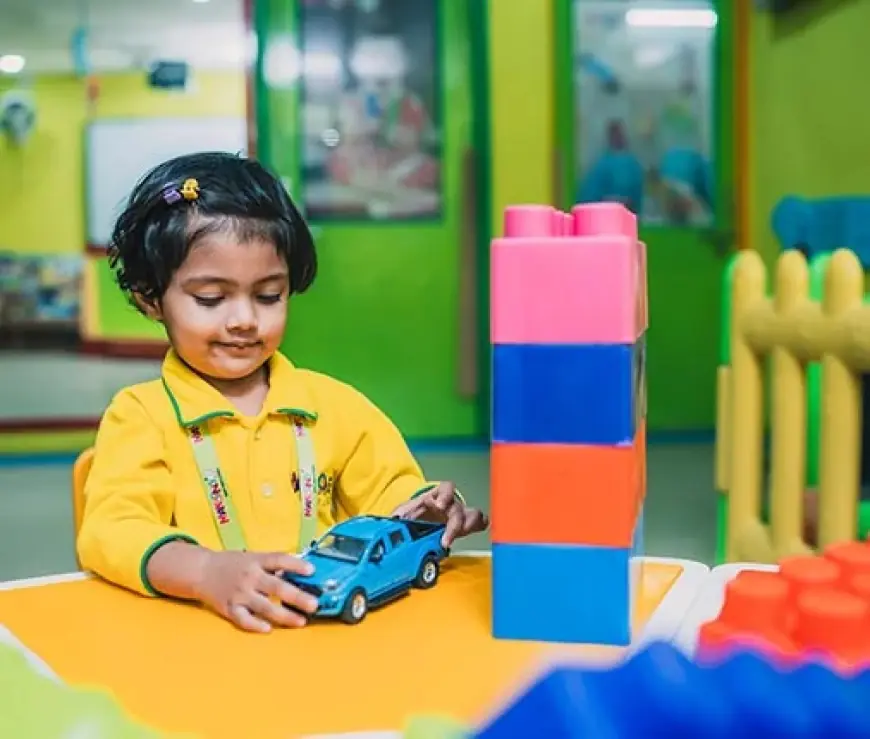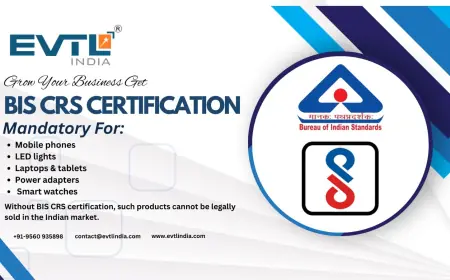Mosquito-Borne Diseases in Kids During Monsoon and How to Avoid Them
This blog discusses the most common mosquito-borne illnesses in children during the monsoon, their symptoms, prevention tips, and how reputed child-care institutions like the top daycare centers in India and the best schools in India ensure safety for little ones. We’ll also touch upon how parents choosing a play school franchise or the right play school for kids should evaluate their child’s health and hygiene practices.

The monsoon season brings much-needed relief from the scorching summer heat. Children enjoy the rains, splashing in puddles, and playing outdoors. However, the season also increases the risk of mosquito breeding, making children vulnerable to various mosquito-borne diseases. Parents and caregivers, especially those associated with play schools, kids schools, or daycare centers, need to be extra cautious during this time.
Common Mosquito-Borne Diseases in Kids During Monsoon
Children are often more susceptible to infections because their developing immune systems are not strong enough to fight off all pathogens effectively. During the rainy season, water stagnation creates favorable breeding grounds for mosquitoes, thereby increasing the risk of several illnesses. Some of the most common are:
1. Dengue
-
Caused By: Aedes aegypti mosquito
-
Symptoms in Kids: High fever, rashes, body pain, nausea, and in severe cases, bleeding.
-
Risks: Children are at greater risk of dehydration and complications due to weaker immunity.
2. Malaria
-
Caused By: Female Anopheles mosquito (transmits Plasmodium parasite)
-
Symptoms in Kids: Recurring fever, chills, headaches, weakness, vomiting, and fatigue.
-
Risks: Severe malaria can even cause anemia and organ complications in children if not treated promptly.
3. Chikungunya
-
Caused By: Aedes aegypti and Aedes albopictus mosquitoes
-
Symptoms in Kids: Joint pains, skin rashes, mild fever, and fatigue.
-
Risks: Although not usually fatal, chikungunya can cause long-lasting pain and weakness, affecting children’s daily routines, including school attendance.
4. Japanese Encephalitis
-
Caused By: Culex mosquitoes (mainly in rural and semi-urban areas)
-
Symptoms in Kids: Fever, seizures, confusion, vomiting, and in severe cases, neurological issues.
-
Risks: This is a serious illness, and vaccination is recommended in high-risk areas.
5. Viral Fevers and Other Infections
-
Stagnant water and humid conditions increase not just mosquito breeding, but also the spread of viral fevers. Children in daycare centers and play schools may catch infections faster due to group settings.
Why Kids Are More Vulnerable During Monsoon
Children are curious and playful, which means they spend more time outdoors and are often careless about hygiene. Unlike adults, they may not notice mosquito bites or communicate symptoms effectively. Their immune systems are still maturing, which makes them more likely to fall sick when exposed to mosquito-borne infections. Therefore, extra care from parents, teachers, and childcare providers is essential.
How to Protect Kids from Mosquito-Borne Diseases
Here are some effective ways parents and schools can safeguard children:
1. Prevent Breeding of Mosquitoes
-
Keep surroundings clean and ensure no stagnant water in buckets, coolers, flower pots, or open containers.
-
Use mosquito-friendly repellents, nets, and sprays at home and in schools.
2. Personal Protection for Kids
-
Dress children in full-sleeve clothing.
-
Apply safe mosquito repellent creams or patches before they step out.
-
Encourage handwashing and bathing routines, especially after outdoor play in the rain.
3. Safe Practices in Schools and Daycares
Top daycare centers in India and reputed play schools for kids implement strict cleanliness protocols. They focus on:
-
Regular sanitization of classrooms and play areas.
-
Installing window screens or mosquito nets.
-
Educating children about hygiene through fun activities.
-
Engaging caregivers who are trained to identify early symptoms and communicate them to parents.
4. Boosting Children’s Immunity
-
A nutrient-rich diet with seasonal fruits, vegetables, and adequate hydration.
-
Encouraging physical activities in safe indoor environments during peak monsoon.
-
Avoiding junk food and ensuring children have vitamin C-rich foods for better resistance.
5. Parental Awareness and Early Detection
-
Parents should observe any sudden symptoms such as unexplained fever, rash, or lethargy.
-
Immediate medical help should be sought instead of self-medication.
Role of Play Schools, Daycares, and Kids’ Schools in Safety
Selecting the right educational or care institution for your child is a crucial decision. Beyond academics, health and safety become top priorities during the monsoon season. Here’s how the best institutions safeguard children:
1. Top Daycare Centers in India
These centers are known for balancing learning and care while maintaining strict hygiene measures. During monsoon, they adopt regular pest control, ensure dry floors to avoid slips and falls, and circulate health awareness among parents.
2. Play School for Kids
A play school for kids is often a child’s first structured environment outside the home. Responsible schools ensure children’s safety through indoor play sessions during peak mosquito hours and safe ventilation systems.
3. Best School in India
The best schools in India go beyond just academics. They include health clubs, awareness campaigns, and medical rooms with first-aid facilities. During monsoon, they take preventive drives such as cleaning water tanks and distributing circulars to parents on mosquito safety.
4. Play School Franchise System
When choosing a play school franchise, parents should ensure that the brand has strong child-safety policies. Franchise-based schools often follow a standard operating procedure (SOP) for hygiene, which includes mosquito prevention protocols, regular sanitization, and awareness sessions for children.
5. Kids School Environment
A kids school should focus on holistic development while keeping health risks at bay. Clean toilets, fresh drinking water supply, mosquito repellent use, and awareness teaching are non-negotiable.
Tips for Parents Choosing a School During Monsoon
When parents look for a play school or daycare center, especially during monsoon, they should evaluate factors beyond academics:
-
Is the environment safe and hygienic?
-
Do classrooms have enough sunlight and ventilation?
-
Are there mosquito-prevention measures in place?
-
How does the school handle medical emergencies?
-
Does the school communicate effectively with parents regarding seasonal diseases?
Final Thoughts
The monsoon is a beautiful season, but it also poses significant health risks, especially to children. Mosquito-borne diseases like dengue, malaria, chikungunya, and Japanese encephalitis remain major threats. As parents and caregivers, the focus should be on prevention rather than cure.
Choosing the right childcare or educational institution — whether it is one of the top daycare centers in India, a reputed play school franchise, or the best school in India — plays an important role in safeguarding children. A safe, hygienic, and health-conscious play school or kids school not only aids learning but also contributes to the overall well-being of children.
By combining awareness, preventive measures, and the right environment at home and school, parents can ensure that children enjoy the monsoon season safely without compromising their health.
Read also:
https://makoons.com/blogs/10-best-kindergarten-school-franchise-in-india-in-2025/
What's Your Reaction?
 Like
0
Like
0
 Dislike
0
Dislike
0
 Love
0
Love
0
 Funny
0
Funny
0
 Angry
0
Angry
0
 Sad
0
Sad
0
 Wow
0
Wow
0























































